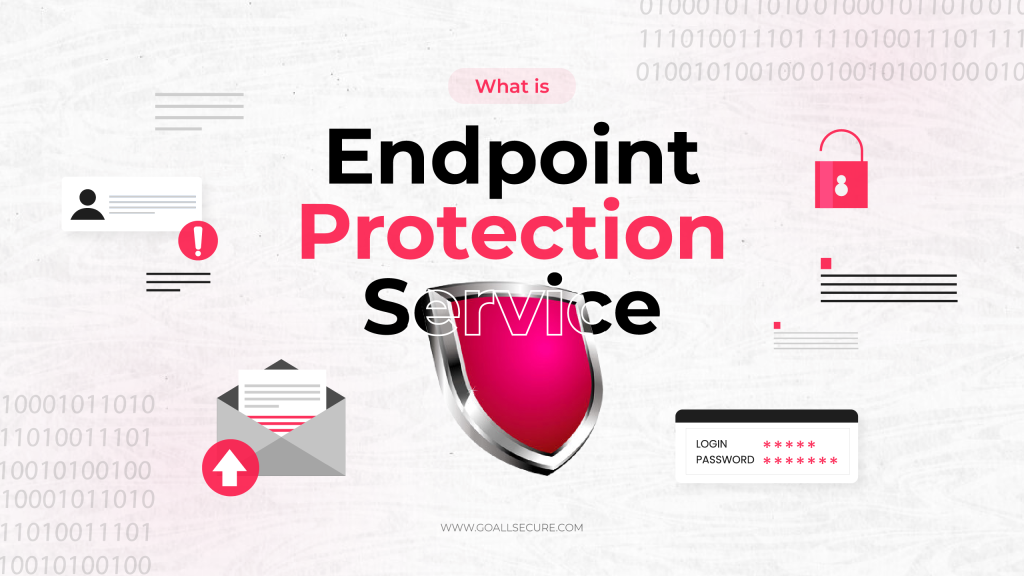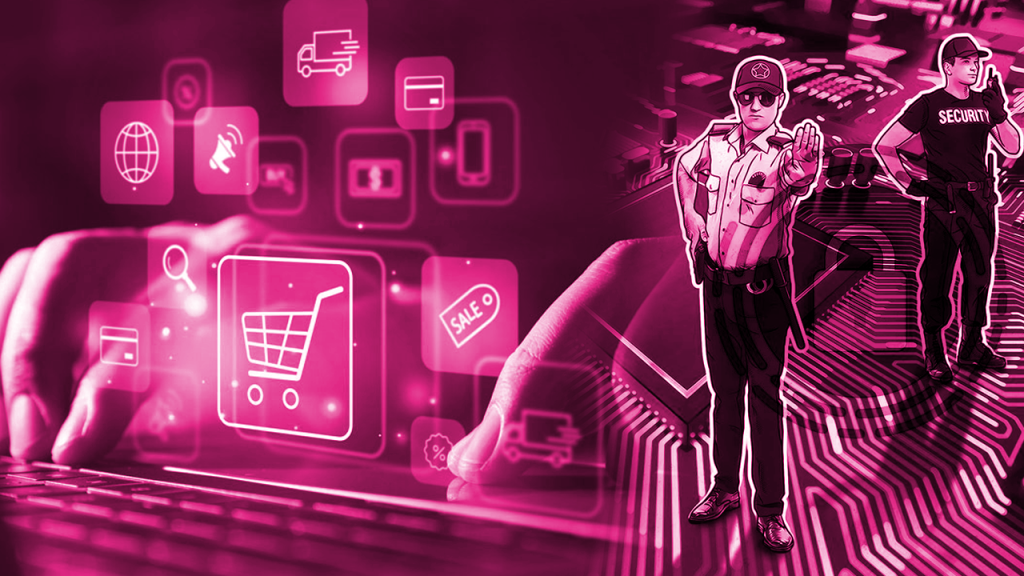Over the past few years, e-commerce has become a significant trend. It is one of the industries with the fastest growth rates. It has been advancing steadily for many years and doesn’t appear to be slowing down due to its advantages over conventional selling techniques. It has dominated the retail sector and is now regarded as the future of shopping. But with this massive growth, e-commerce has not just attracted consumers but also threats.
The reality that e-commerce security concerns are disrupting online transactions cannot be disputed. Up to 32.4% of all successful threats are experienced by this sector every year. Using a variety of nefarious approaches, hackers frequently attack e-commerce websites as they take payments and collect personal information. Security for e-commerce websites is a major concern for all platforms and companies. We will delve into the necessity of cyber security in e-commerce, exploring whether the industry can afford to go without it and the myriad ways in which it benefits this burgeoning sector.
The Growing Threat Landscape: Analysing Cyber Threats and Emerging Trends in E-Commerce
In an era where anything in the world can be bought with just a click, the e-commerce industry stands as a digital marketplace, bustling with opportunities and conveniences. Yet, behind this virtual mall lies a realm of cyber security challenges and safeguards. This immense success has also painted a bullseye on the industry for cybercriminals seeking to exploit vulnerabilities.
Cyber Threats Faced by the E-Commerce Sector
- Financial Frauds
- Malware and Ransomware Attacks
- Fake Return and Refund Fraud
- Payment System Compromise
- Exploiting Business Logic Flaws
- DoS and DDoS Attacks
- Brute Force Attacks
- Phishing
- SQL Injection
- Cross-Site Scripting (XSS)
- E-Skimming
Statistics Prove the Severity of the Threats
- According to experts, the average cost of a data breach in the retail sector was $5.04 million in 2020, with an average of 199 days to identify and contain the breach.
- Phishing and other cyber attacks continue to surge. In 2021, a 47.3% increase in phishing websites targeting online shoppers was reported.
- Magecart attacks are on the rise; according to reports, they increased by 20% in 2020, with over 4,000 unique domains compromised.
- Cybercriminals are increasingly targeting the supply chains of e-commerce businesses. Weak links in the supply chain can expose retailers to significant vulnerabilities.
- With the adoption of AI in cyber security, cybercriminals are also leveraging AI for more sophisticated attacks, including more convincing phishing attempts and automated vulnerability scanning.
The E-Commerce Boom Has Made Cyber Security Imperative for the Sector
Cyber threats are becoming more sophisticated and abundant. As statistics and emerging trends show, the battle against cyber criminals is ongoing. E-commerce businesses have to remain vigilant, adapt to new challenges, and invest in robust cyber security measures to protect their customers, data, and reputation in this ever-evolving digital landscape. Here’s why cyber security is non-negotiable for e-commerce:
Protecting Customer Data
E-commerce hinges on the trust of customers, who entrust their personal and financial information to online platforms. Cyber security safeguards this data from falling into the wrong hands, preventing data breaches that can irreparably tarnish a brand’s reputation.
Securing Transactions
The very essence of e-commerce lies in online transactions. Cyber security ensures that these transactions are encrypted and secure, thwarting attempts at theft or fraud. Secure payment gateways and SSL certificates are the unsung heroes behind every successful purchase.
Regulatory Compliance
E-commerce companies are bound by stringent regulations like GDPR and PCI DSS. Failure to comply can result in hefty fines and legal ramifications. Cyber security plays a pivotal role in ensuring these compliance standards are met.
Preserving Business Continuity
Downtime due to cyberattacks can be catastrophic for e-commerce businesses. Cyber security measures such as robust backup systems and disaster recovery plans ensure that businesses can weather the storm and continue operations even in the face of an attack.
Guarding Against Diverse Threats
From phishing attacks and ransomware to DDoS assaults, the array of cyber threats is vast. Cyber security strategies continuously evolve to counteract these threats and adapt to emerging risks.
Customer Trust and Loyalty
A secure shopping environment breeds trust among customers. A reputation for prioritising cyber security can lead to increased customer loyalty and repeat business.
The Bottom Line: E-commerce and Cyber Security are Inseparable
In conclusion, the e-commerce industry and cyber security are inseparable partners in the modern digital landscape. The stakes are high, and the consequences of negligence can be catastrophic. Therefore, the answer to the question of whether e-commerce can thrive without cyber security is a resounding “no.” Cyber security is the linchpin that allows e-commerce to flourish, providing the trust, security, and stability upon which this industry is built. To neglect it would be to cause disaster in an industry where trust and security are paramount.
The global e-commerce market has redefined the way we shop, offering unparalleled convenience and choice. At the same time, it is facing countless cyber threats. When e-commerce businesses like yours are assured of their cyber security, they can focus on innovation and expansion without the constant fear of cyber threats stalling progress. That is why GoAllSecure is pleased to offer businesses a variety of e-commerce security services. We have years of experience protecting businesses like yours successfully, so we know how to create systems that follow strict security standards and specifications. The future is uncertain, but the state of your e-commerce security doesn’t have to be. Don’t be afraid to get in touch with our team to talk about a prospective partnership.

















 TRAVEL & HOSPITALITY
TRAVEL & HOSPITALITY HEALTHCARE
HEALTHCARE RETAILS & ECOMMERCE
RETAILS & ECOMMERCE BANKING & FINANCIAL
BANKING & FINANCIAL AutoMobile
AutoMobile MANUFACTURING
MANUFACTURING FOOD
FOOD EDUCATION
EDUCATION



